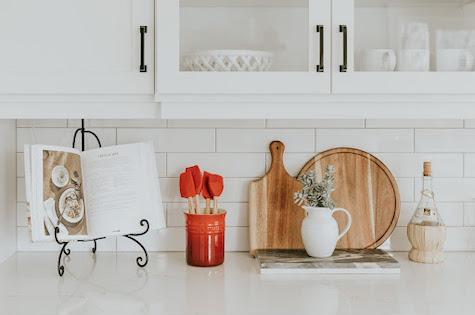In a world filled with material possessions, family commitments, and digital distractions, clutter can easily accumulate and contribute to stress. Though it will undoubtedly deliver a whole host of benefits, the process of decluttering can bring its own share of anxiety, making it hard to get started.
Thankfully, this seemingly arduous task doesn't have to be overwhelming. Armed with the right strategies, you can clear clutter from your life without adding more stress to the mix. Below, we cover five effective strategies you can use to get started decluttering your space. By the time you reach the end of the article, you’ll know how to work through it in a way that is both manageable and stress-free.
1. Set small goals
Even just the idea of decluttering an entire house in one day can make you sick with anxiety. So instead of setting such an intense expectation, break the task up into small, realistic goals. For example, your first task may simply be to rent a storage unit in Melbourne. Once you’ve completed a goal like this, give yourself a genuine pat on the back. Don’t dismiss it as trivial – each task takes you one step closer to the clutter-free environment you crave. So celebrate all your small victories.
Once you’re ready to start the decluttering process, focus on one room at a time. If that’s too much, focus instead on a specific area or a single category of items (e.g. clearing one benchtop or removing all the old newspapers from your house). This approach prevents overwhelm, allowing you to make steady progress without getting stressed.
2. Sort your clutter into categories
The decluttering process will be a whole lot easier if you sort your belongings into these five groups:
-
Keep
-
Donate
-
Sell
-
Discard
-
Pause
The keep group is for items that have sentimental value or are frequently used. Everything else should fall into the other groups, with valuable items listed for sale or donated. The Pause group is for items you’re feeling conflicted about. Set them aside in your self-storage unit or another area that’s out of the way. If you don’t feel the need to go fishing them out again over the next few weeks or months, that’s a big clue that you really don’t need them.
3. Take it slow and go easy on yourself
Decluttering can be physically and emotionally draining. To protect your mental health, take regular breaks, hydrate, eat nourishing snacks, and try some relaxation techniques. Mindfulness and deep breathing can help you stay grounded and focused, making the decluttering process more manageable.
4. Change your relationship with material possessions
Clutter often accumulates when we fool ourselves into thinking we can find happiness through material possessions. To avoid this trap, shift your focus onto experiences rather than things. Invest your time, energy, and resources in activities that bring personal growth, fulfilment, and memorable moments. This shift should help you appreciate the value of decluttering, which can instantly suck all the stress out of it.
5. Consider implementing a one-in-one-out rule
Once you’ve decluttered, your next major goal should be to prevent future clutter. This isn’t as hard as it may seem. All you need is a one-in-one-out policy – for every new item you bring into your space, commit to removing an equivalent item. This encourages mindful consumption, making you more selective about what you acquire.
Decluttering doesn't have to be a stressful endeavour. By setting realistic goals, categorising your belongings, embracing the one-in-one-out rule, focusing on experiences, and practising self-care, you can clear the clutter from your life in a way that feels manageable and genuinely positive.

















__small.png)










